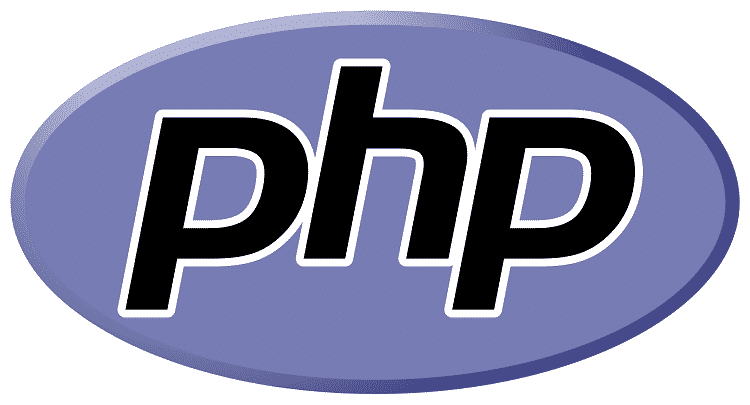PHP is the most popular programming language for web development. It is a server-side scripting language that can be used to create simple to complex websites and web applications conveniently. There are so many robust frameworks available that make development is a cakewalk and hence, the popularity has grown by leaps and bounds. Another crucial reason for its popularity is its regular update. There are major and minor updates provided by the company every year to improve performance and add new features. The current PHP version is PHP 7.2 which was released in December 2017. There has not been any update released this year. The second last update was PHP 7.1 from 7.0 and there were minor changes implemented.
PHP 8.0 Release Date –
It takes years for PHP Group to make a major update. Generally, minor updates are released every year like 7.0 to 7.1 and 7.2. But the last time a major version was released was in December 2015. It has been more than two years and there are still no rumors about the release of PHP 8.0 as such. The next major update is definitely going to be PHP 8.0. There will not be any omit as it was the case from PHP 5.0 to PHP 7.0 without releasing PHP 6. It is speculated that 2018 is the year when another minor update will be released with PHP 7.3 version. One of the reputed names in the PHP world is Larry Garfield who is an active Drupal core contributor. He has tweeted that PHP 8 is going to come out in September 2021 out of nowhere. Since he is a man of credentials, it is the only prediction/confirmation we have so far. Since PHP 7.3 is releasing this year, there are scopes for more minor updates from 7.4 to 7.9 if the company goes that route.
Status Of JIT In PHP –
There is no information about the features that will be included in PHP 8.0 as of yet. But there is a strong speculation of the inclusion of JIT compilation in PHP 8.0. Zend has already started its development of a new JIT Engine and it is likely to be included with the major version update that is PHP 8.0 whenever the Engine is ready and tested. Therefore, the release date is directly dependent on the successful implementation and testing of the engine.
Zend’s spokesperson has also commented on the same and said that they want to deliver some useful features in the next major update. It is interesting to note that PHP 7 had major performance improvement over PHP 5 and many experts saw the little scope of improvement in performance for the next major update. JIT Engine’s development started long ago when its implementation was halted due to some technical reasons. Dmitry Stogov of Zend has confirmed that the implementation has resumed for good.
Why Is JIT inclusion in PHP A Crazy In PHP Community –
You must be aware of HHVM which is an alternative runtime that Facebook developed and uses. This HHVM utilizes JIT and it has been found to be faster and better than the official PHP engine that Zend has developed and deployed in PHP 7.0. Accordingly, Zend started its development and the benchmarks revealed tremendous improvement scopes. But in real life, due to some technical glitches, the real performance did not show much improvement in the testing phase. Due to the extreme popularity of HHVM and due to the high demand from the PHP community across the world to give JIT Engine a try again, PHP Group and Zend are up for it and they are determined to bring it up upon the next major release.
A code written in PHP 5 when executed in PHP 7 without making a single change, the performance doubles. This is not due to the change in the engine but in other optimizations that Zend and PHP Group have done in PHP 7.0. Therefore, there is enough reason to believe that a change in the engine is certainly going to improve the performance in multiple folds. Going by the standard of HHVM, performance level can easily double. In other words, a code written in PHP 7 when implemented in PHP 8, the execution time will be halved.
JIT or Just In Time compilation is a way to make the compilation during execution of the program or runtime. There is no question of compilation prior to execution which is where the time is consumed. It is considered to be a dynamic compilation process and it is sure to yield a faster result that static or before runtime compilation. Most of the Java implementation and .Net framework implementations are dependent on JIT. It is only fair for PHP to enter into the fray and take the advantage of dynamic compilation and boost its performance to the next level.

